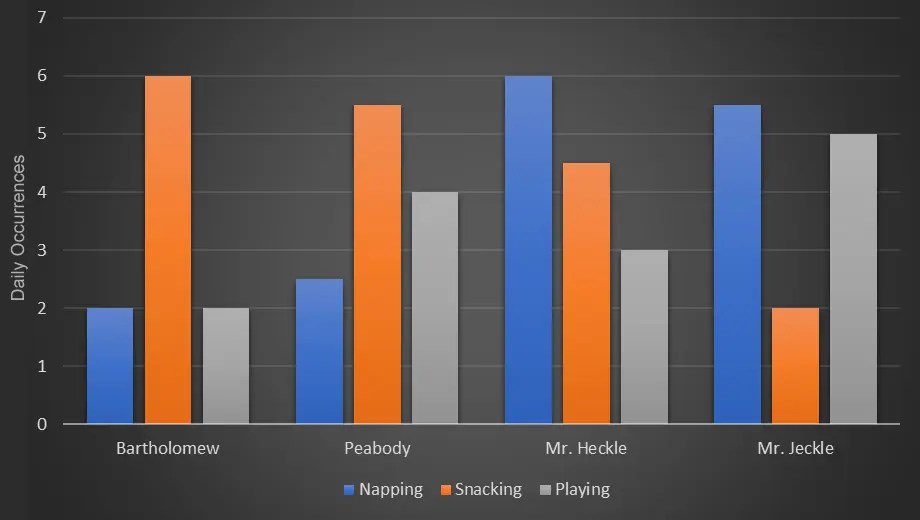You've poured your heart and soul into your research, crafted elegant charts and graphs, and now you're facing a seemingly insignificant detail: the figure caption. But don't let its size fool you—this little blurb beneath your visual can make or break its impact.
Think of it this way: you wouldn't walk into a party, introduce yourself as "Bob," and then just stand there silently, right? You'd offer some context, maybe crack a joke, and hopefully spark a conversation. That's what a good figure caption does for your visual. It provides context, draws the reader in, and helps them understand the "why" behind the data.
But crafting a truly effective figure caption isn't always intuitive. It's a delicate balance of clarity, conciseness, and engagement. So how do you strike that perfect balance and ensure your visuals shine? That's precisely what we're diving into today.
Let's face it, figure captions are often relegated to the bottom of the to-do list, treated as an afterthought rather than an integral part of the storytelling process. But overlooking their importance can lead to confusion, misinterpretations, and ultimately, a disconnect between your data and your audience.
Throughout this exploration, we'll unravel the secrets of writing figure captions that not only explain but also engage, turning data points into compelling narratives. So, buckle up, grab your thinking caps (and maybe a thesaurus), and let's transform those overlooked captions into powerful storytelling tools.
Advantages and Disadvantages of Effective Figure Captions
| Advantages | Disadvantages |
|---|---|
| Enhance clarity and understanding | Time-consuming to craft properly |
| Provide context and background information | Can be challenging to maintain conciseness |
| Guide the reader's interpretation of data | Risk of redundancy if not carefully written |
| Improve accessibility for visually impaired individuals | May require subject-specific knowledge to write effectively |
Best Practices for Writing Effective Figure Captions
Ready to elevate your caption game? Let's dive into some actionable tips:
- Start with a Clear and Concise Title: Think of this as your caption's headline—it should grab attention and summarize the main point of your visual.
- Provide Context and Background: Briefly explain what the data represents, how it was collected, and why it's significant.
- Highlight Key Findings: Don't assume the reader will notice every detail. Explicitly point out trends, patterns, and noteworthy observations.
- Keep it Concise and Focused: Avoid unnecessary jargon or overly technical language. Get straight to the point and use clear, simple language.
- Use Active Voice and Strong Verbs: Inject energy and engagement into your captions by using active voice whenever possible.
Decoding the mystery understanding your car engine light
Heartfelt christmas messages for family spreading the holiday cheer
The enduring allure of si no es contigo exploring loves essence
How to Write Figure Captions for Graphs, Charts, Photos, Drawings, and Maps - Khao Tick On
How to write a figure caption - Khao Tick On
Figure Label Example at Barbara Calvert blog - Khao Tick On
How To Format Figure Captions In Word - Khao Tick On
how to write a figure caption - Khao Tick On
Captioning a figure or table. - Khao Tick On
How To Label Tables And Figures - Khao Tick On
How to Add Captions in Word - Khao Tick On
how to write a figure caption - Khao Tick On
How to Write Figure Captions for Graphs, Charts, Photos, Drawings, and Maps - Khao Tick On
Line Graph Example Statistics at Robert Vecchio blog - Khao Tick On
How To Write A Figure - Khao Tick On
Ini Dia Ulasan Paling Lengkap tentang Apa Itu Caption Instagram - Khao Tick On
Table Setting Captions at Philip Ferguson blog - Khao Tick On
How to place figures side by side in latex and their captions as a and - Khao Tick On














